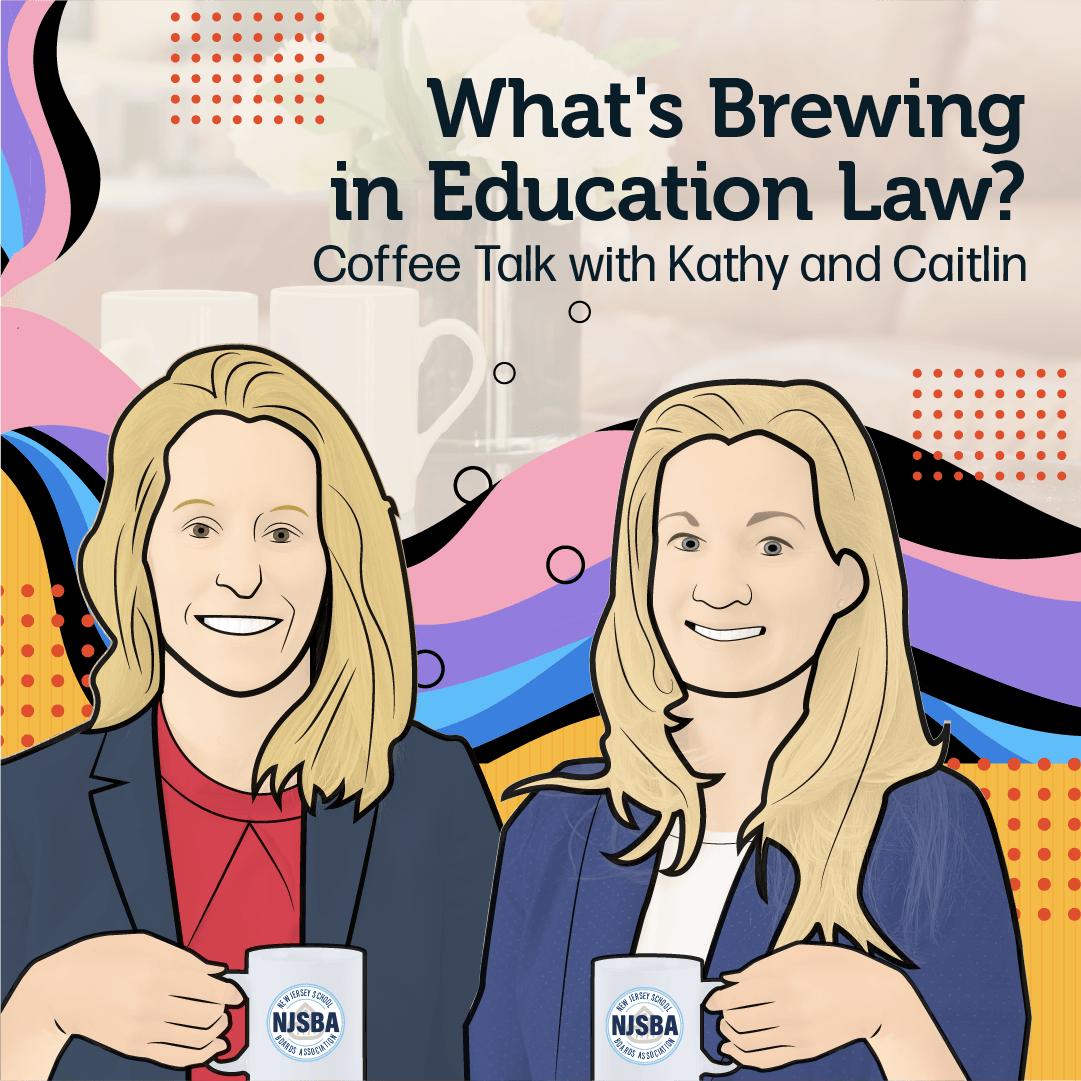Five years ago, the Bound Brook School District was facing a dilemma: More and more students needed mental health services but couldn’t access them in the community. Students and their families were referred to external counseling services, only to find that they couldn’t get appointments fast enough, didn’t have transportation or insurance coverage, or faced language obstacles, among other challenges.
“We recognized that many students were not succeeding because of underlying issues that were preventing them from being able to handle the academic rigor that is expected of them,” said Michele DeFazio, a parent, teacher and longtime member of the Bound Brook Board of Education.
The challenges were significant, but not insurmountable for the district’s dedicated team.
With support from the board of education, Superintendent Dr. Daniel Gallagher and Assistant Superintendent Beth Fischer began an ambitious initiative to prioritize students’ mental well-being and offer in-school clinical counseling services to those in need. Gallagher envisioned a future in which the district offers a full complement of in-school services for students and families, from dental and medical services to mental health counseling.
“The mental and physical well-being of our students is equally important to their academic achievement,” Gallagher said. “Our goal is to embrace the whole child, while also improving the well-being of their families and community.”
The Bound Brook School District, which serves over 2,000 students in Somerset County, took a three-pronged approach to strengthen relationships with external counseling agencies, start an in-school clinical counseling program and offer suicide prevention training to staff and students.
“One of the primary reasons that individuals or families don’t seek services is the stigma or perceived shame surrounding mental health issues,” said Fischer, whose own son died by suicide in 2015. “We wanted to eliminate that stigma and make it clear that getting help doesn’t show weakness; it shows strength.”
In 2019, the district hired three licensed clinical social workers (two are bilingual English/Spanish, since approximately 75% of the student population is Hispanic). They joined a robust team of professionals that also includes eight school counselors, an intervention specialist, a child study team, a student assistance counselor and a guidance secretary.
In October of that year, the team administered a mental health survey to all students, from pre-K through 12th grade, and has continued to do so on a biannual basis. The first survey identified 688 students in need of counseling services, risk assessment, or other follow-up. Every one of those students was then contacted individually or seen in person to assess their needs.
“This was, and still is, a major undertaking, but one worth taking,” said Julia Buccini, one of the district’s three licensed clinical social workers.
Flexibility to Meet Student Needs Not many districts in the country have teams like this one in the school buildings, and even fewer have licensed clinical social workers on staff. The American Civil Liberties Union’s 2019 report, Cops and No Counselors, found that 10 million students are in schools with no social workers, even though professional standards recommend at least one counselor and one social worker for every 250 students.
In Bound Brook, the licensed clinical social workers play the important role of referring students to external services and providing internal counseling services, based on the needs and circumstances of each student, according to Buccini.
This year, 112 students were already identified as moderate to high risk and referred to the in-school counseling program.
On average, the counseling program provides 15 hours of individual/family counseling per day, as well as handling crisis response, collaboration meetings and program development. It also offers wraparound services, including working directly with community agencies, school personnel and students’ families.
“We found in Bound Brook that the key to the program’s success is flexibility in delivery of services,” Buccini said. “We can meet regularly with the students and their families regardless of their ability to afford services, immigration status, insurance coverage and any other limitations.”
Buccini said that while the social workers assess the students and provide the services, the teachers and staff are an integral part of the program’s success.
“The program is possible because of the ‘buy-in’ and dedication from staff members across the district who help identify individual needs of students and have the rapport with the students to recognize their specific circumstances,” Buccini explained.
No Pandemic Pause in Care That same flexibility proved to be even more important during the early months of the COVID-19 pandemic.
“One of the most shocking things in the beginning of the pandemic was that some external agencies shut down and stopped offering mental health services for some of the students,” Buccini said. “This was a time when students needed help the most; they were facing isolation, lack of connections, financial hardships and even grief.”
Bound Brook’s program was already well established and stepped in to provide services. Students were able to continue care with the school counseling program, either through in-person or virtual meetings, in both individual and group settings.
Even students who were virtual learners were allowed to come for in-person counseling services, if requested.
“These meaningful connections were lifelines during the pandemic for many students,” said Buccini.
One district survey, conducted in late 2021, found that students in the in-school counseling program showed significant improvements in their well-being, according to Director of Pupil Personnel Services Dr. Anthony Mormile. The students reported being satisfied with the program and saw positive changes in their lives, improved grades and healthier lifestyles.
Tackling Suicide Risk and Looking Ahead The district has taken the initiative further by providing MindWise SOS Signs of Suicide training to staff and students in grades 6-12. SOS is an evidence-based youth suicide prevention program that has demonstrated an improvement in students’ knowledge about suicide risk and depression.
SOS teaches students how to identify signs of depression and suicide in themselves and their peers, while providing materials that train school professionals, parents and communities to recognize at-risk students and take appropriate action.
The district also monitors students’ computer web searches for signs of self-harm or violence and has been providing training on Sexual Orientation, Gender Identity and Expression in partnership with HiTOPS, an organization fostering strong and healthy young people of all identities.
Fischer said that the district has long been ahead of the curve in providing in-school mental health services to students and plans to continue improving the level of services. She said the district may in the future provide after-school program hours to better meet the needs of working families.
“We hope this program can serve as a model for other school districts which are navigating the ongoing challenges the pandemic poses to students’ mental health,” Fischer said. “This started as a grassroots effort and has become a successful program that we are tremendously proud of. We know it will continue to serve Bound Brook School District’s students and families for years to come.”
Jessica Reyes is an account manager at Laura Bishop Communications. She can be reached at jessica@laura-bishop.com.

